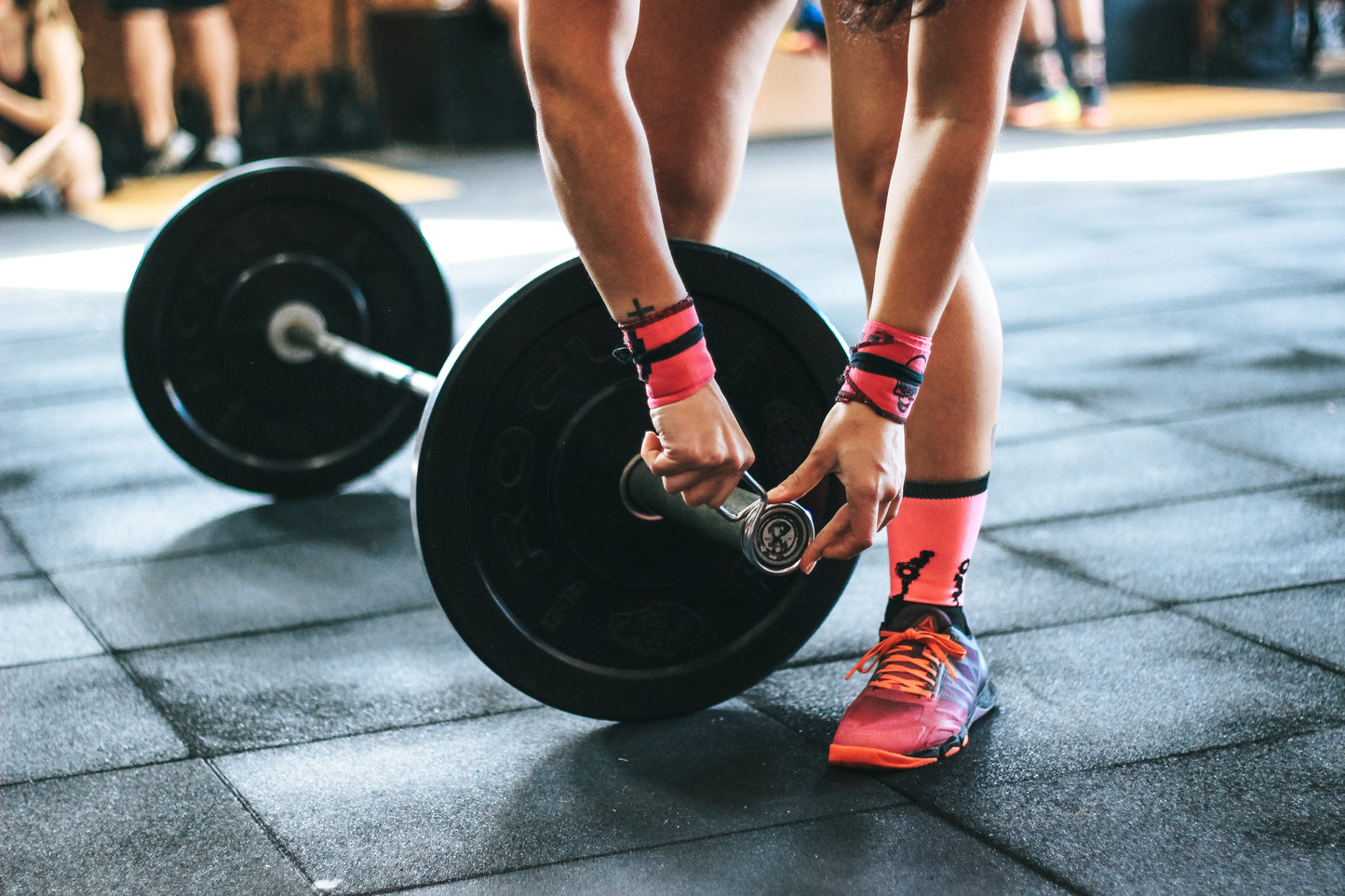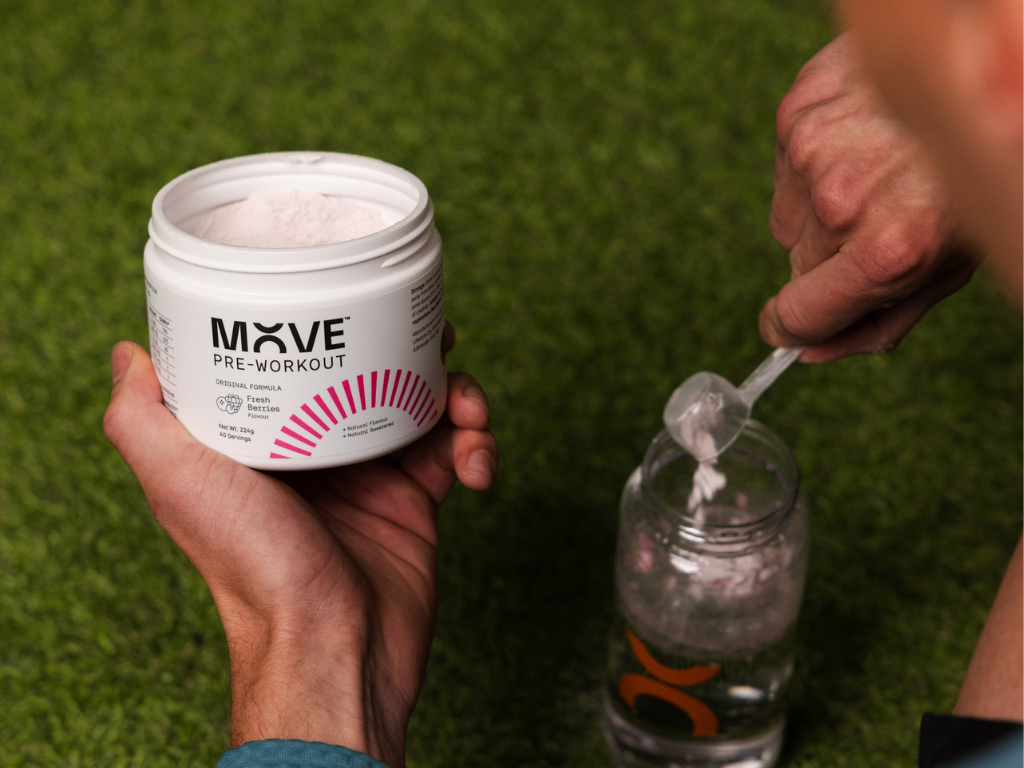
In the quest for a healthier lifestyle, there’s one key ingredient you should not skip: resistance training. We all know that physical activity is essential, and the World Health Organization (WHO) advises adults to aim for at least 150–300 minutes of moderate or 75–150 minutes of vigorous exercise each week. But how important is resistance training specifically when it comes to longevity? A recent 2022 meta-analysis of research spanning the USA, UK, and Australia delves into the data.
Why Resistance Training?
The study was driven by a simple question: how impactful is resistance training on overall health and lifespan? The researchers examined how resistance training, from weightlifting to bodyweight exercises, influenced various health outcomes.
People who engaged in resistance training saw:
- A 15% decrease in all-cause mortality risk
- A 19% reduction in risk of dying from cardiovascular diseases
- A 14% reduction in cancer mortality risk
Notably, those who dedicated just 60 minutes per week to resistance exercises enjoyed the highest benefit, with a risk reduction for all-cause mortality reaching up to 27%.
Regardless of age or gender, adding resistance training session to your weekly routine is one of the most impactful steps you can take for a healthier, longer life. Whether it’s weightlifting, kettlebells, powerlifting, or even bodyweight exercises at home, there’s a form of resistance training suited to almost everyone’s needs, goals, and preferences.
The Simple Solution:
It’s now been proven that you don’t need to dedicate hours each week to reap the benefits. Even a small amount of resistance training—just 60 minutes weekly—can yield these significant health rewards.
So, if you’re focused on taking small steps for your wellbeing or if you already love the gym, you know that including weight training as part of your lifestyle is key. If you struggle with motivation end energy levels at the gym, consider a pre-workout formulated to boost your cognitive and physical performance to help reach your goals!
You don’t have to become a dedicated bodybuilder. However, lifting those weights at the gym or even just your own body weight at home is the key to levelling up your health.


